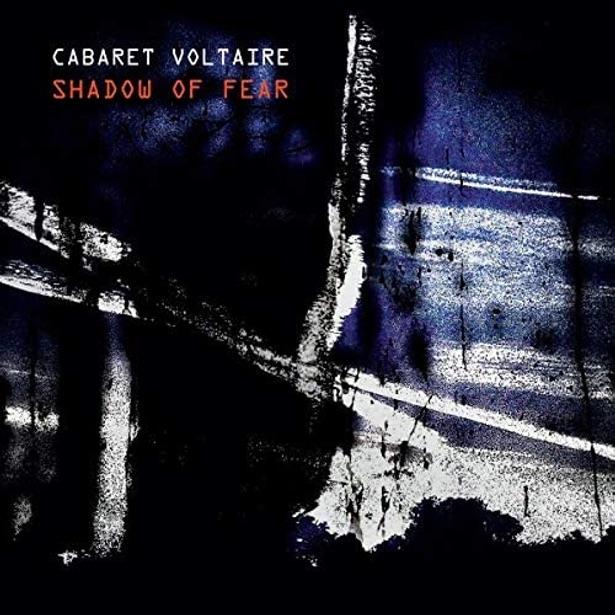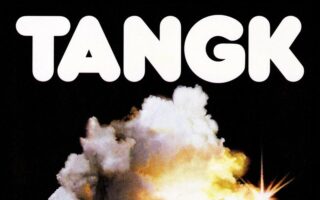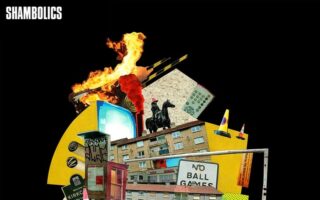
Richard H. Kirk returns with Cabaret Voltaire for a first new album in over 25 years.
Depeche Mode’s September 1981 Top Of The Pops performance of Just Can’t Get Enough was one that cemented their reputation as unlikely synth-pop heartthrobs.
But it also sent a clear message to an admiring nation that this ‘new’ instrument was not only here to stay, but could make happy, joyous music that even the stiffs could totally endorse.
In Sheffield, things were different.
Cut off by more than just geography, the region was still heavily industrial, its teetering prosperity held in steel, coal and manufacturing; the mills clanked all night and it was long rumoured that on some days an acrid smell hung over the city, released from unidentified chemical by-products.
Cabaret Voltaire began in 1973, well before punk, in the guise of a multi-media art project that took inspiration from Dadaism, literary dystopians like William Burroughs and other lysergic nightmares.
By the start of the next decade, the now duo of Stephen Mallinder and Richard H. Kirk had also begun experimenting with samplers and keyboards, their work – a clattering, paranoid overture at the fringes of dance music – a long way away from daytime radio accessibility.
Notwithstanding, albums like The Crackdown earned them a significant trans-Atlantic cult following, one loyal even after they shifted towards house music with 1990’s Groovy, Laidback & Nasty.
The last album under the CV banner was released four years later, after which Mallinder departed.
It was two decades before Kirk would resurface alone, initially playing a series of boutique festivals and, unknown to most, writing new material at them. Influenced by the experience of playing live, he deliberately added a rougher, less calculated dimension to the process; this recasting would take longer to master than anyone anticipated, but Shadow Of Fear is finally ready.
Using the latest iteration of the Cabs’ infamous Western Works facility, Kirk also sought inspiration from the past, eschewing production software, often playing sequences by hand and isolating himself from outside musical stimulus. Whilst instantly recognisable, Shadow Of Fear avoids dwelling anywhere long enough to be categorised, spanning half a dozen genres, some of which he himself had a part in creating.
Those expecting essays in darkness won’t get quite what they expected though; the neat, bass-and-strings driven Night Of The Jackal surges along at 125ish bpm like early Detroit mechanisation, while equally chilling fodder for the weirdest post-vaccine dancefloor, the cyber-brass and blaxploitation samples that haunt closer What’s Goin’ On give it a weird, mischievous humanity.
Kirk seems to enjoy returning himself to the days when pops, hisses and glitch weren’t merely presets; opener Be Free’s disembodied voices and wah-wah loop soundtrack a new-old apocalyptica; Papa Nine Zero Delta United is infused with a redacted, old millennial strain of techno, and the sprawling Vasto opens and closes windows onto Eastern Gnosticism.
This is not a body of work supposed to have a definable peak but, under duress, the malevolent, dub-heavy Microscopic Flesh Fragment must be it, as populated by imagined static and bursts of real white noise the effect is like being strapped into a cinema seat whilst listening to a robot DJ.
What an instrument can be, what it can play and what it means have changed in forty years. Shadow Of Fear comes at a time when paranoia is our defense mechanism against everything; noise, images, psychological warfare on a planetary scale.
Even if so much time has elapsed, it soundtracks the unavoidable conclusion that we just can get enough of modern existence.
8/10



